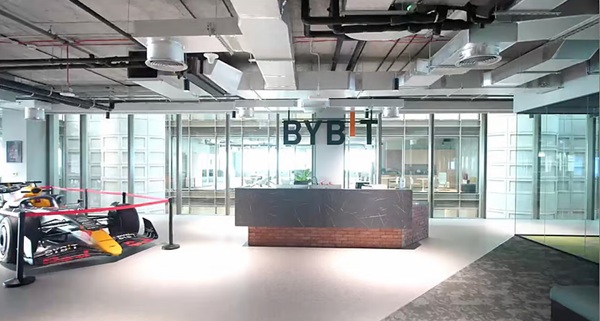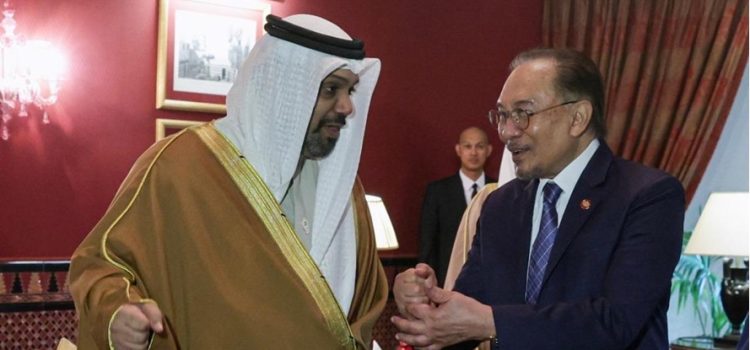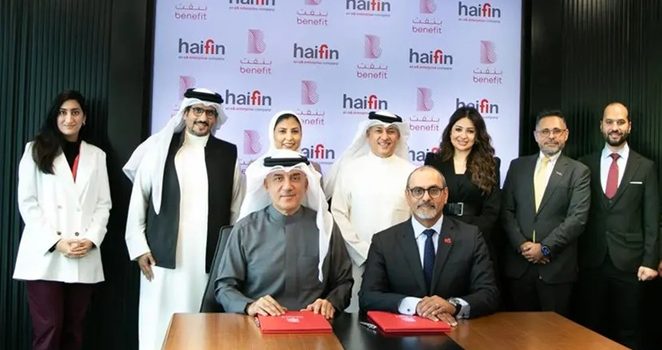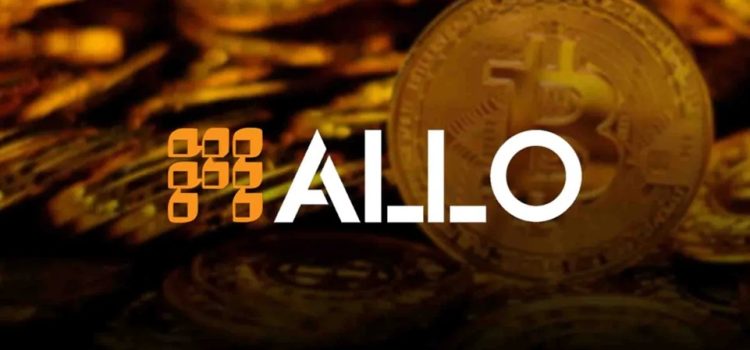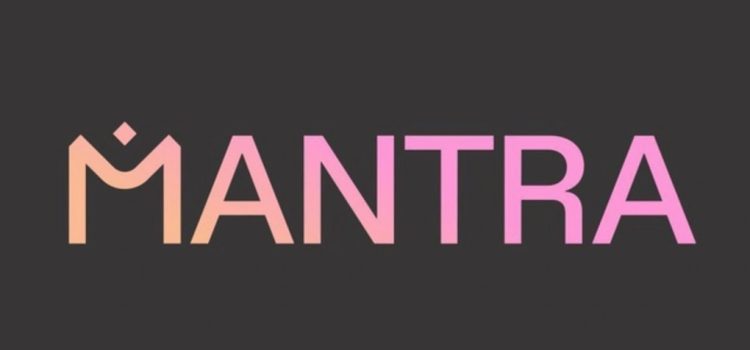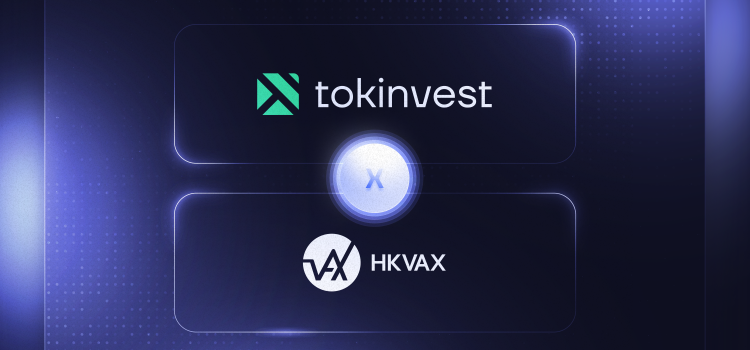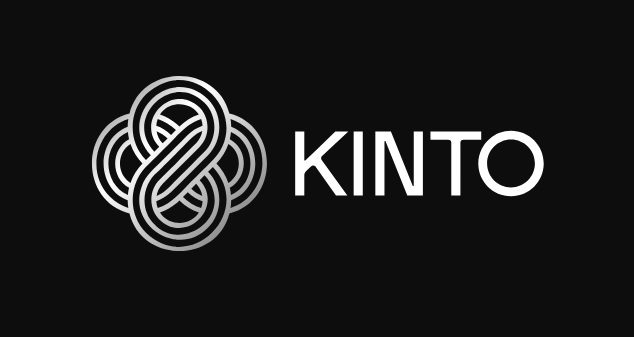
Dubai’s DIFC ( Dubai International Financial Centre) has officially approved Circle’s stablecoins USDC and EURC into its crypto token regime which will allow these stablecoins to be used by more than 600 entities in DIFC.
The USDC and EURC will be the first approved stablecoins in DIFC, after DIFC approved crypto tokens that included TON, XRP, Bitcoin, Ethereum, and others.
Entities in DIFC will be able to use the stablecoins USDC and EURC to make payments, treasury management and other financial applications.
Circle in December 2024 incorporated its entity in ADGM in Abu Dhabi , as part of its strategic expansion into the Middle East and Africa. It also entered into a partnership with LuLu Financial Holdings (‘LuLuFin’), and its affiliates, one of the largest financial services conglomerates in the region, to facilitate remittances and cross-border payments with USDC, Circle’s fully-reserved digital dollar.
“The DFSA’s approval of USDC and EURC as recognized crypto tokens within the DIFC is yet another validation of our constructive approach to regulatory and policy engagement,” said Dante Disparte, Chief Strategy Officer and Head of Global Policy and Operations at Circle. “As the first stablecoins to receive this designation, USDC and EURC continue to set the global standard for transparency, compliance, and utility. This milestone aligns with our mission to make digital dollars and euros more accessible, interoperable, and useful for businesses, developers, and financial institutions worldwide.”
Central Bank of UAE released its stablecoin payments regulation in 2024
The importance of USDC being accepted into DIFC cannot be viewed without looking at the bigger picture of stablecoin regulation in the UAE. The Central Bank while noting that only AED backed stablecoins could be used for purchasing products and services within the UAE, it did note that UAE regulated stablecoins could be used for purchasing of virtual assets and that these stablecoins could be regulated by DIFC, ADGM or VARA.
Already AE Coin has been regulated in the UAE as an AED backed stablecoin and Tether is seeking to receive a license for its AED stablecoin.









